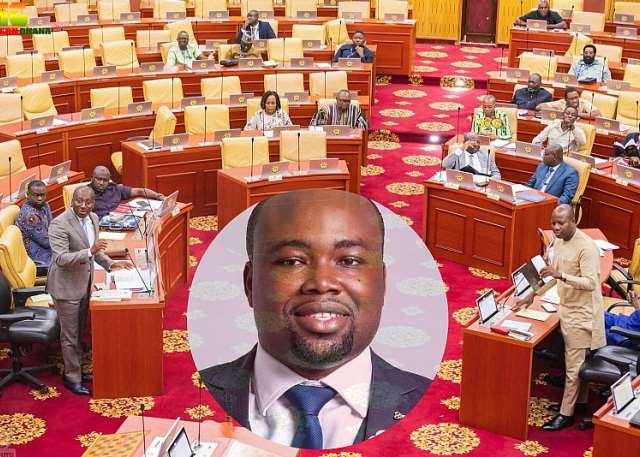The solemn silence that fell over Akwatia following the death of its Member of Parliament has been shattered by the familiar roar of political ambition. Just months after the community mourned its loss, the announcement of a by-election has transformed a period of grief into a frantic scramble for power.
The respectful tributes have been replaced by strategic meetings, campaign flyers, and a relentless focus on the vacant seat, not the man who once held it.
This rapid pivot from mourning to campaigning is a pattern many Ghanaians have come to expect. The political machine, it seems, waits for no one.
Even as families grapple with loss, the wheels of government and party politics churn forward, reducing a person’s death to a mere vacancy that must be filled.
The former Speaker of Parliament, Alban Bagbin, once made his feelings on the matter clear, issuing a stark warning: “Anyone who comes to my funeral wearing a party T-shirt will not return.”
His words highlighted a growing discomfort among Ghanaians with the politicization of death—a sentiment that now echoes across Akwatia.
The by-election has become a reflection of a troubling mindset: that the position holds more significance than the person who filled it.
This race isn’t about ensuring a smooth transition of service; it’s about party dominance and personal opportunity.
The Akwatia case is not an isolated incident.
Across the country, the passing of a political figure triggers an immediate shift from honoring their legacy to tactical maneuvering for a replacement.
While Ghana’s constitution mandates by-elections to ensure democratic continuity, the moral line between political necessity and human decency is becoming increasingly blurred.
As Ghana’s democracy rushes to fill the void, the critical question remains: at what point do we pause to honor the dead before moving on to the next political battle?
A seat in Parliament is important, but the dignity of the person who served in it should not be a casualty of political expediency.


